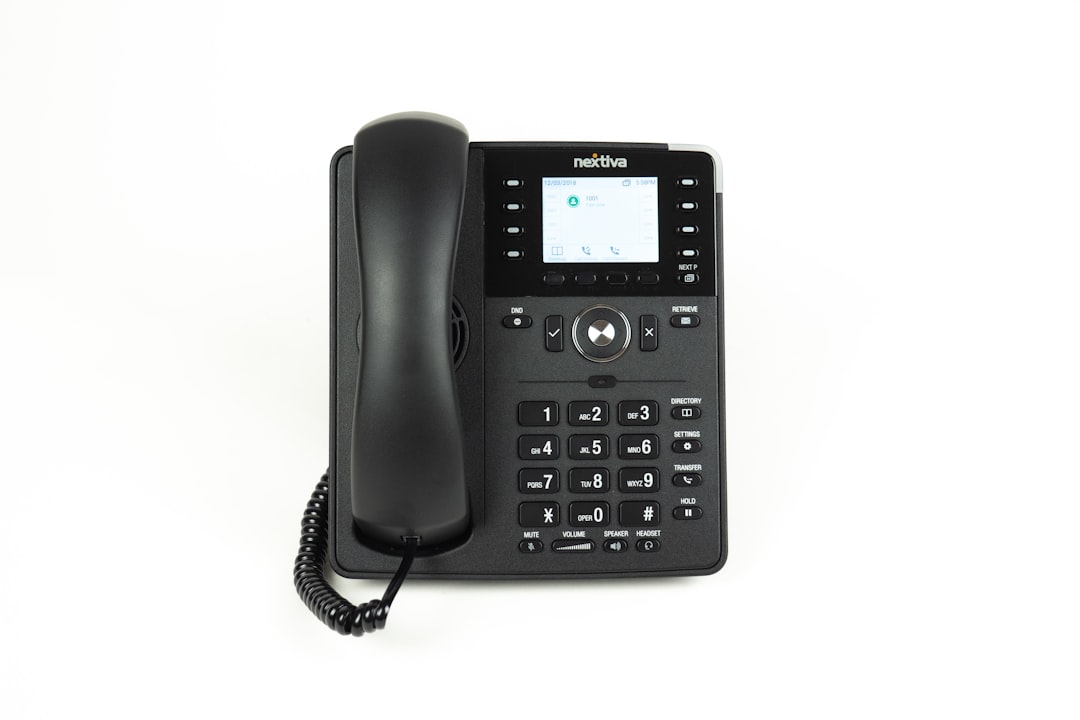Philadelphia's "No Call" law curbs robocall scams, reducing complaints from no call law firms. This unique city legislation restricts telemarketers' unsolicited calls, offering Pennsylvania residents relief and peace of mind. Strict state consumer protection laws, including the Do Not Call list, further protect citizens from deceptive marketing tactics targeting No Call law firms.
Philadelphia is taking a stand against relentless robocalls, implementing a robust No Call Law to protect residents from intrusive automated scams. This innovative approach, unique within Pennsylvania, has shown promising results in mitigating nuisance calls. The article explores how the No Call Law targets robocallers, empowering consumers with new defenses. We delve into successful strategies employed by consumer protection agencies and no call law firms in Pennsylvania, offering insights into a growing battle against these persistent fraudsters.
Philadelphia's No Call Law: A Game Changer

Philadelphia’s “No Call” law has emerged as a game-changer in the battle against robocall scams, providing much-needed relief to residents tired of incessant automated calls. This stringent legislation, unique among U.S. cities, bars telemarketers from making unsolicited phone calls to Pennsylvania residents, giving rise to a new era of consumer protection.
The law has been instrumental in reducing the volume of unwanted calls, with many no call law firms in Philadelphia reporting a significant decrease in complaints since its implementation. By empowering citizens to take action and report violators, the “No Call” law ensures that telemarketers face consequences for their aggressive tactics. This proactive approach not only protects Pennsylvania residents from intrusive robocalls but also fosters a sense of security and peace of mind in an age where such scams are prevalent.
Targeting Robocall Scams in Pennsylvania

Pennsylvania, with its robust consumer protection laws, has been actively targeting robocall scams, especially those involving no-call law firms. The state’s “No Call” law, a powerful tool in combating unwanted calls, allows residents to register their phone numbers on the Do Not Call list, significantly reducing the number of marketing and telemarketing calls they receive.
This proactive measure has been instrumental in protecting Pennsylvania citizens from deceptive practices often associated with robocall scams. By implementing stricter regulations and penalties for violators, the state encourages compliance and ensures that consumers can enjoy greater peace of mind when it comes to their phone communications.
Consumer Protection: Strategies and Successes

Philadelphia’s efforts to combat robocall scams have been multifaceted, with a strong emphasis on consumer protection. The city has leveraged robust legal frameworks, such as the state’s No Call Law, which restricts unsolicited phone marketing calls, primarily targeting telemarketing firms and call centers known for facilitating fraudulent activities. This law has been successful in reducing the volume of unwanted calls, providing residents with much-needed respite from persistent and often aggressive robocallers.
Additionally, local consumer protection agencies work tirelessly to educate citizens about the risks associated with robocalls, teaching them to identify scams and report suspicious activities. These strategies, combined with stringent enforcement actions against violators, have contributed to a safer and more secure phone environment for Philadelphians, fostering a sense of empowerment among residents in protecting themselves from deceptive practices.






